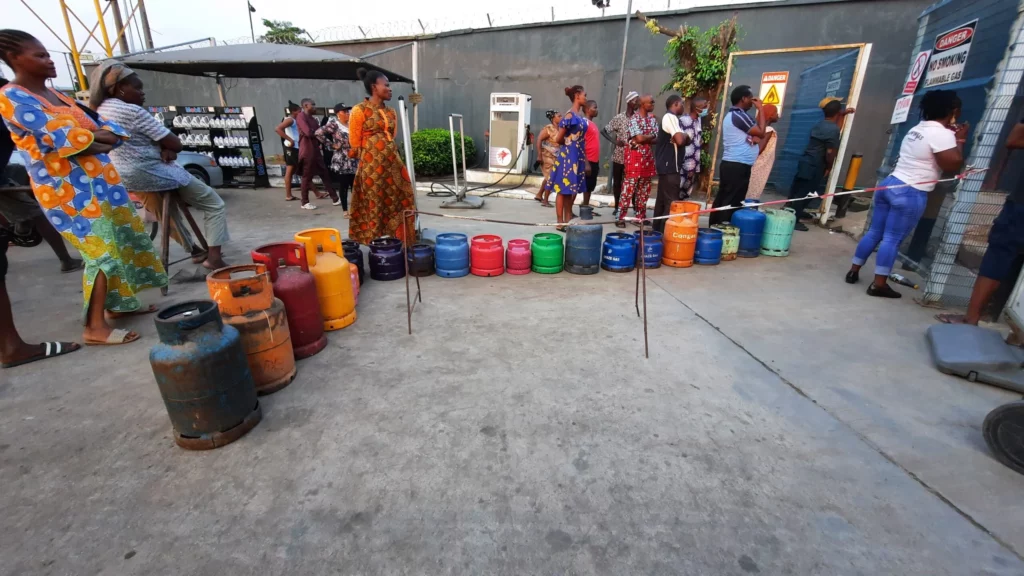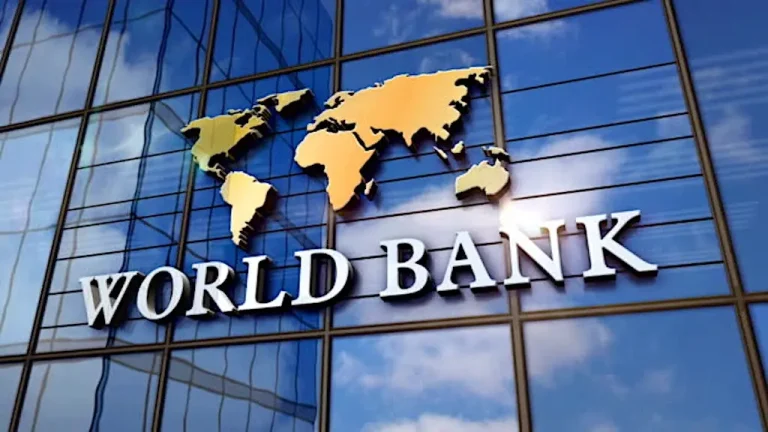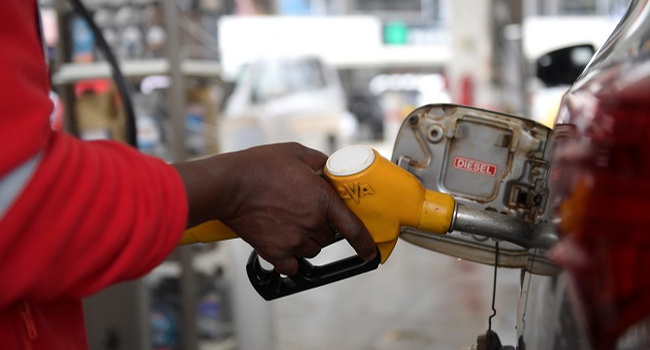
The Nigerian Association of Liquefied Petroleum Gas Marketers (NALPGAM) has expressed concern over the recent spike in the price of cooking gas across the country, describing the development as artificial and the work of market opportunists.
Speaking during a televised interview on Wednesday, the association’s National President, Oladapo Olatunbosun, said the sudden price surge was not the result of any official increment but a temporary disruption caused by supply chain issues and industrial action within the oil and gas sector.
According to him, the ongoing crisis between the Petroleum and Natural Gas Senior Staff Association of Nigeria (PENGASSAN) and the Dangote Refinery had triggered temporary product scarcity, forcing prices to shoot up to between ₦1,700 and ₦2,000 per kilogram, and as high as ₦3,000 in some areas.
“I sympathise with Nigerians as the President of NALPGAM because we never intended to have a situation like this,” Olatunbosun said. “I must say categorically that prices of cooking gas have not gone up officially. Some marketers are simply exploiting the current shortage to make excess profit, which we strongly condemn.”
The NALPGAM president explained that about a year ago, a kilogram of gas sold for ₦1,200–₦1,300, but prices later fell after Dangote Refinery began local production, cutting out middlemen and stabilizing market prices.
However, he noted that a series of recent events disrupted that progress. Dangote’s temporary maintenance operations slowed product loading, forcing trucks to wait up to two weeks before receiving supplies. As marketers switched to Apapa depots, the situation was manageable until the recent PENGASSAN strike, which further worsened the supply gap.
“When the strike began, even though Dangote did not halt production, everyone had already diverted to Apapa. But those depots soon ran dry. A vessel that was supposed to discharge product couldn’t berth because of the strike, and inspection officers were unavailable, causing about five days of delay,” Olatunbosun explained.
He assured Nigerians that with the strike now over, supply is improving as products are being discharged and trucked out across the country, especially to the South-West, which accounts for the highest consumption of Liquefied Petroleum Gas (LPG) in Nigeria.
Olatunbosun maintained that the legitimate price of cooking gas should not exceed ₦1,300 per kilogram, warning against purchasing from unauthorized third-party sellers who inflate costs.
“Our national gas consumption has grown significantly from about 1.3 million metric tonnes annually to nearly 2 million metric tonnes. This increased demand, coupled with distribution bottlenecks, created temporary pressure,” he said. “But we are confident that by the weekend, the scarcity will ease off as normal supply resumes.”
The NALPGAM boss added that both NLNG and private marketers are already working to restore adequate distribution nationwide, urging consumers to remain calm.


